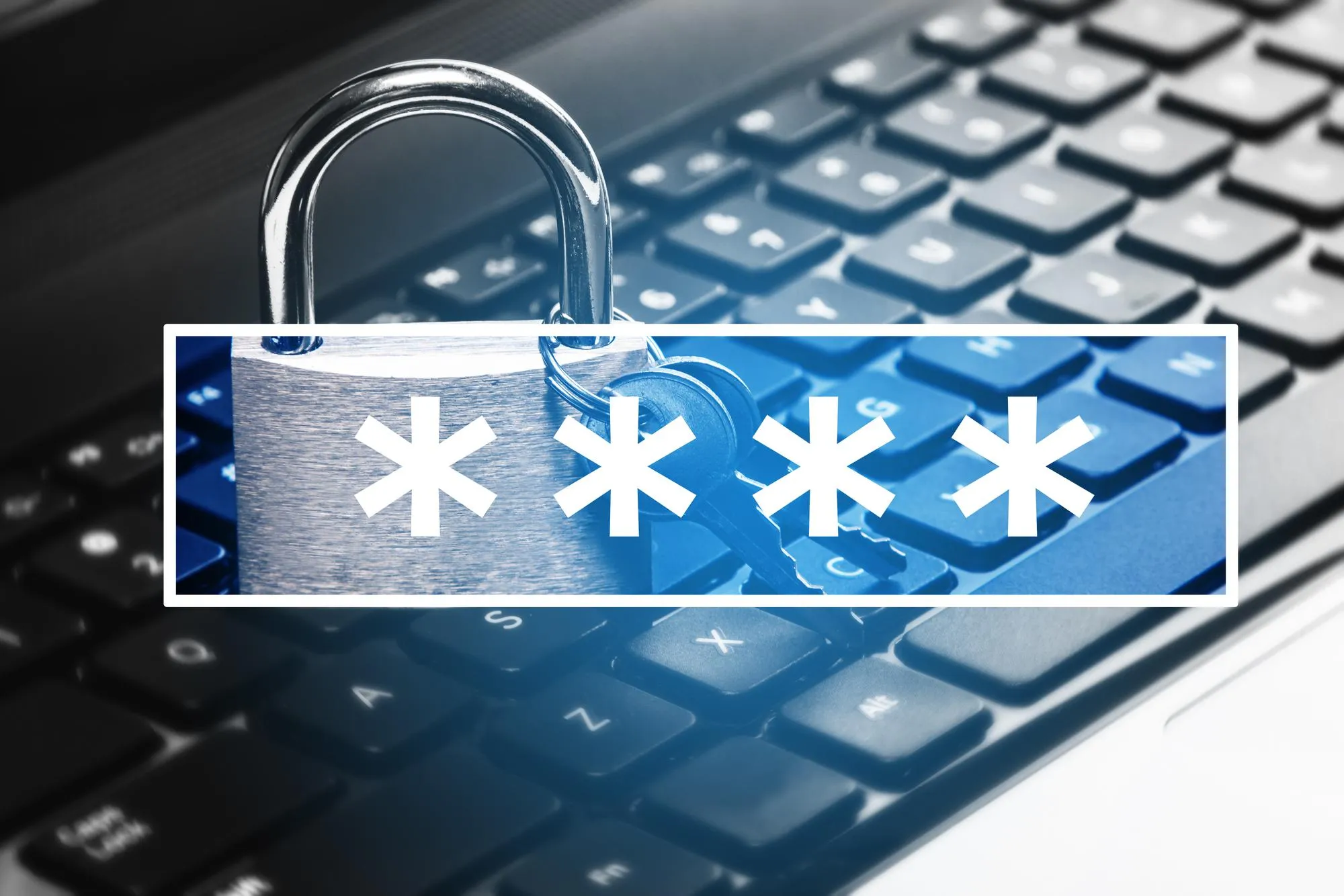In today’s digital world, website security is a top priority for businesses and individuals. One of the most essential security measures for any website is an SSL certificate. Not only does it protect sensitive data, but it also boosts trust, improves SEO rankings, and ensures compliance with industry regulations.
In this guide, we’ll explore why SSL certificates are crucial for website security, how they work, and best practices for implementation.
What is an SSL Certificate?
An SSL (Secure Sockets Layer) certificate is a digital security protocol that encrypts data transmitted between a user’s browser and a website’s server. Websites with SSL certificates display HTTPS in their URL, signaling that they are secure and trustworthy.
🔹 HTTP (HyperText Transfer Protocol) → Unsecured connection
🔹 HTTPS (HyperText Transfer Protocol Secure) → Encrypted & secure connection
When an SSL certificate is installed, it encrypts information such as:
✅ Login credentials
✅ Payment details
✅ Personal information (name, address, phone number)
✅ Sensitive business data
This encryption ensures that hackers and cybercriminals cannot intercept or misuse data.
Why SSL Certificates Are Essential for Website Security
1. Protects User Data
One of the primary functions of SSL certificates is to encrypt data, preventing cybercriminals from accessing sensitive information. Without SSL, data sent between a website and a user can be intercepted through man-in-the-middle (MITM) attacks.
🔹 SSL encryption secures online transactions and protects login details.
🔹 Ensures customer privacy by preventing data theft.
📌 Example: An e-commerce store processing payments must have an SSL certificate to safeguard customer payment details.
2. Boosts Website Credibility and Trust
A secure website builds trust among visitors. Websites without SSL display a warning message, which can drive users away.
✅ SSL certificates enable the padlock icon in the browser bar, signaling security.
✅ Increases user confidence when entering personal or financial information.
✅ Prevents “Not Secure” warnings that deter potential customers.
📌 Example: A business website with HTTPS is more likely to gain visitor trust than one flagged as “Not Secure.”
3. Improves SEO Rankings
Google prioritizes secure websites in search rankings. Since 2014, Google has considered HTTPS as a ranking factor.
🔹 Websites with SSL certificates experience better visibility in search results.
🔹 HTTPS enhances SEO performance by improving user experience and reducing bounce rates.
🔹 Non-secure websites may face penalties in search rankings.
📌 Example: A blog with HTTPS is more likely to rank higher than a similar blog with HTTP.
4. Enables Secure Online Transactions
For e-commerce websites, SSL certificates are mandatory to comply with PCI DSS (Payment Card Industry Data Security Standard).
✅ Protects credit card transactions from fraud.
✅ Ensures compliance with payment security standards.
✅ Builds trust with customers, increasing conversion rates.
📌 Example: PayPal, Amazon, and other online retailers require SSL encryption to process payments securely.
5. Prevents Phishing and Cyber Attacks
SSL certificates help combat phishing attacks by verifying website authenticity. Cybercriminals often create fake websites to steal personal information.
✅ SSL provides a trust seal that authenticates the website owner.
✅ Helps users identify legitimate websites vs. fraudulent ones.
✅ Protects against data breaches and security vulnerabilities.
📌 Example: Banks and financial institutions rely on SSL and extended validation (EV) certificates to prevent fraud.

Types of SSL Certificates
🔹 Domain Validated (DV) SSL – Basic encryption for blogs and small websites.
🔹 Organization Validated (OV) SSL – Provides encryption and company verification.
🔹 Extended Validation (EV) SSL – High-security certificate displaying the business name in the address bar.
🔹 Wildcard SSL – Covers the main domain and all subdomains.
🔹 Multi-Domain SSL – Protects multiple domains under one certificate.
Which one should you choose?
✅ For personal blogs: DV SSL
✅ For small businesses: OV SSL
✅ For large enterprises or e-commerce: EV SSL
How to Get and Install an SSL Certificate
Step 1: Choose a Certificate Authority (CA)
Trusted providers include:
🔹 Let’s Encrypt (Free SSL for basic websites)
🔹 DigiCert, GlobalSign, Comodo, GoDaddy, Sectigo (Premium SSL options)
Step 2: Purchase or Obtain a Free SSL Certificate
Some hosting providers offer free SSL (e.g., Bluehost, SiteGround, Cloudflare).
Step 3: Install SSL on Your Website
✅ If using cPanel, navigate to “SSL/TLS” and upload your certificate.
✅ If using Cloudflare, enable SSL via the Cloudflare dashboard.
✅ Verify installation using SSL checker tools like WhyNoPadlock or SSL Labs Test.
Common SSL Errors and How to Fix Them
🔸 “Your Connection is Not Private” Error → Ensure SSL is correctly installed.
🔸 Mixed Content Issues → Update links from HTTP to HTTPS.
🔸 Expired SSL Certificate → Renew SSL before expiration.
🔸 Self-Signed Certificate Warnings → Use a CA-issued certificate for full security.
Final Thoughts
An SSL certificate is essential for website security, SEO, and trust. Whether you’re running a blog, business website, or e-commerce store, securing your site with HTTPS is no longer optional—it’s a necessity.
By implementing SSL, you can protect user data, improve search rankings, and enhance credibility, ensuring a safer online experience for your visitors.

